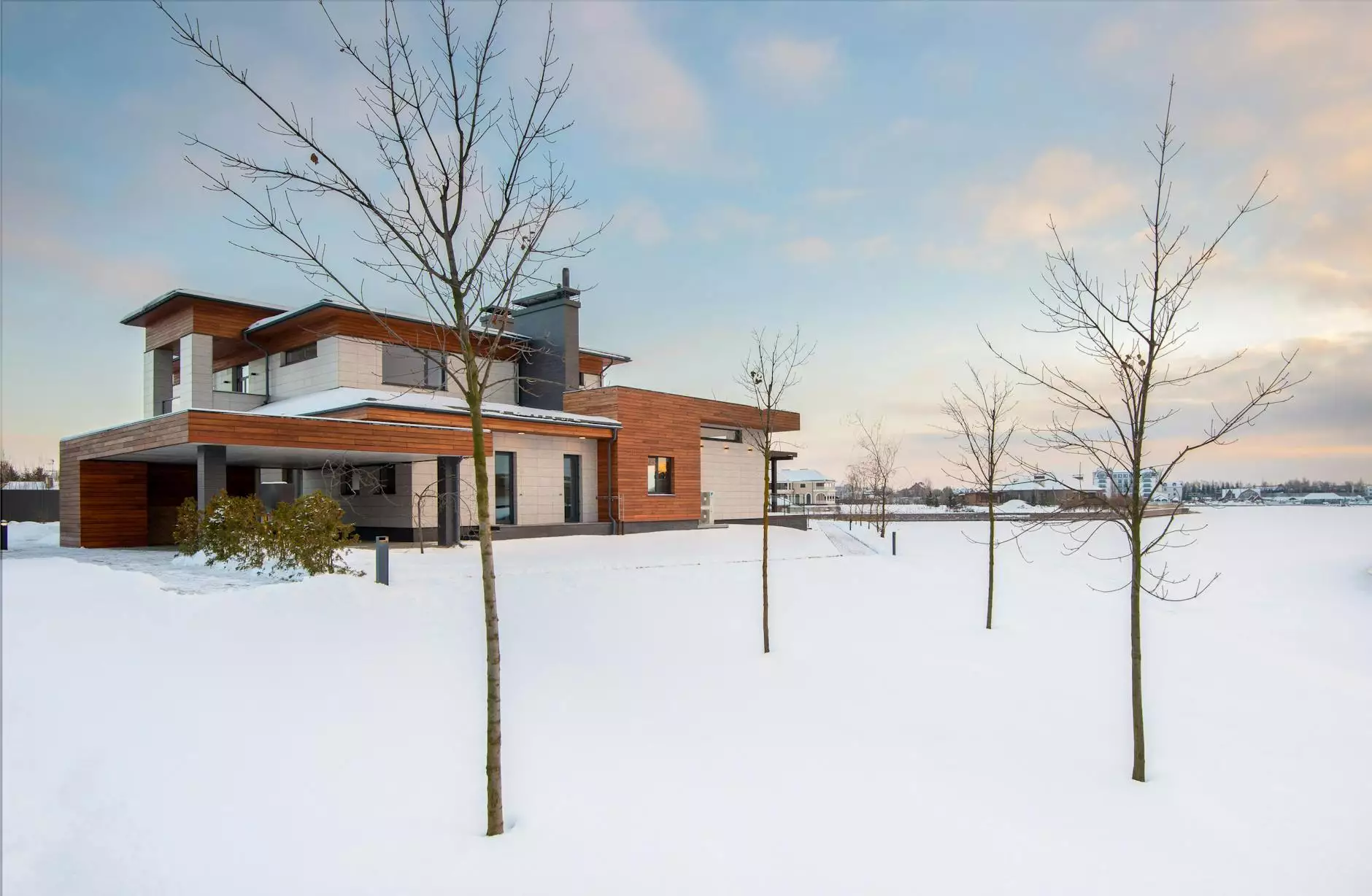Finding the Best Firewood Log Suppliers

When the chill of winter sets in, having a reliable source of firewood is essential. The warmth and comfort of a crackling fire can transform any cold evening into a delightful experience. However, not all firewood is created equal, and understanding the nuances of sourcing high-quality firewood from trusted firewood log suppliers is crucial for a cozy home. In this guide, we will delve into the factors to consider when choosing your firewood supplier while providing a comprehensive look at the types of firewood available.
The Importance of Quality Firewood
Quality firewood can significantly impact your heating efficiency, safety, and overall enjoyment. Here’s why choosing the right firewood log suppliers matters:
- Burn Efficiency: Well-seasoned wood burns hotter and more efficiently, providing more warmth with less smoke.
- Safety: Quality firewood produces less creosote, reducing the risk of chimney fires.
- Environmental Impact: Sustainable sourcing practices ensure that you’re supporting responsible forestry efforts.
Understanding Different Types of Firewood
As you begin your search for reputable firewood log suppliers, it’s essential to familiarize yourself with the various types of firewood available. Each type offers unique benefits and characteristics:
1. Hardwoods
Hardwoods are often favored for their high energy output and long burn time. Common hardwoods include:
- Oak: Known for its dense structure, it burns slowly and produces excellent heat.
- Maple: This wood ignites easily and provides a consistent and lasting burn.
- Hickory: Often used for grilling due to its rich flavor, dry hickory can also provide exceptional heat output.
2. Softwoods
Softwoods tend to ignite quicker and burn faster, making them ideal for kindling and quick fires. Popular options include:
- Pine: While it burns quickly, it produces more resin, which can lead to more creosote buildup.
- Spruce: This type of wood is easy to light and burns efficiently but should ideally be mixed with hardwoods for longer burns.
- Cedar: Known for its pleasant aroma, cedar ignites easily; however, it may not provide long-lasting heat.
How to Choose a Firewood Supplier
Choosing the right supplier is almost as critical as the type of wood itself. Here are several steps to ensure you’re selecting credible firewood log suppliers:
1. Research Local Suppliers
Start by identifying local firewood suppliers in your area. Local suppliers often understand the regional climate and can provide wood that is more suitable for local conditions. Look for suppliers with a strong reputation and positive customer reviews.
2. Ask About Seasoning Practices
Ensure your supplier is knowledgeable about wood seasoning. Firewood should ideally be seasoned at least 6-12 months before use to ensure it burns efficiently. Ask to see the supplier's standard practices for drying and storing their firewood.
3. Check for Certifications and Sustainability
Many companies are committed to sustainable forestry practices. Look for certifications that indicate a supplier is working towards environmental responsibility. This can include being part of programs like the Sustainable Forestry Initiative (SFI) or the Forest Stewardship Council (FSC).
4. Evaluate Pricing and Value
While cheaper options might be appealing, consider the overall value rather than just the price. Quality firewood may cost a bit more initially but will yield cost savings in efficiency and usage. Ask for quotes from various suppliers to compare and make an informed decision.
Storing Your Firewood Properly
Once you’ve selected a reliable firewood supplier, understanding how to store your firewood can maximize its effectiveness. Here are some storage tips:
- Keep it Dry: Store firewood in a covered area to protect it from rain and snow. If possible, elevate the wood off the ground to prevent moisture absorption.
- Air Circulation: Stack wood in a way that allows for air circulation. This helps maintain dryness and accelerates the seasoning process.
- Avoid Stacking Too Tightly: While stacking wood is essential, piling it too tightly can trap moisture, inhibiting proper drying.
Environmental Benefits of Choosing Local Firewood Suppliers
By opting for local firewood log suppliers, you're supporting local economies and reducing your carbon footprint:
- Local Economies: Supporting local businesses boosts economic activity within your community.
- Reduced Transportation Emissions: Purchasing locally minimizes the distance the wood must travel, thus reducing emissions associated with transport.
- Sustainable Practices: Local suppliers often engage in sustainable forestry practices, contributing to the health and longevity of local ecosystems.
Firewood Logs vs. Alternatives
Many homeowners consider alternatives to traditional firewood, such as manufactured logs or electric heating. Here’s a comparison:
1. Manufactured Logs
These are typically made from compressed sawdust and can be convenient. However, they often don’t provide the same ambiance or aroma as burning natural wood.
2. Electric Fireplaces
Electric fireplaces are maintenance-free and offer instant heat. However, they lack the charm and experience of a real wood fire, which many people treasure.
Conclusion
As the evenings grow cooler, the importance of reliable firewood log suppliers becomes apparent. Not only does quality wood provide warmth, but it also contributes to an enjoyable atmosphere. Whether you choose hardwoods for a long-lasting fire or softwoods for an easy start, ensuring you source your firewood from reputable suppliers is crucial. Stary Timbers excels as a trusted partner for all your timber needs, combining quality, sustainability, and expertise.
Final Thoughts on Firewood Log Suppliers
Investing time in finding the right firewood log suppliers can enhance your overall experience. Quality wood makes a difference, especially during those cozy winter nights. Remember to research suppliers and focus on sustainability, quality, and community support. By doing so, you ensure not only a warm home but also a positive environmental impact.



